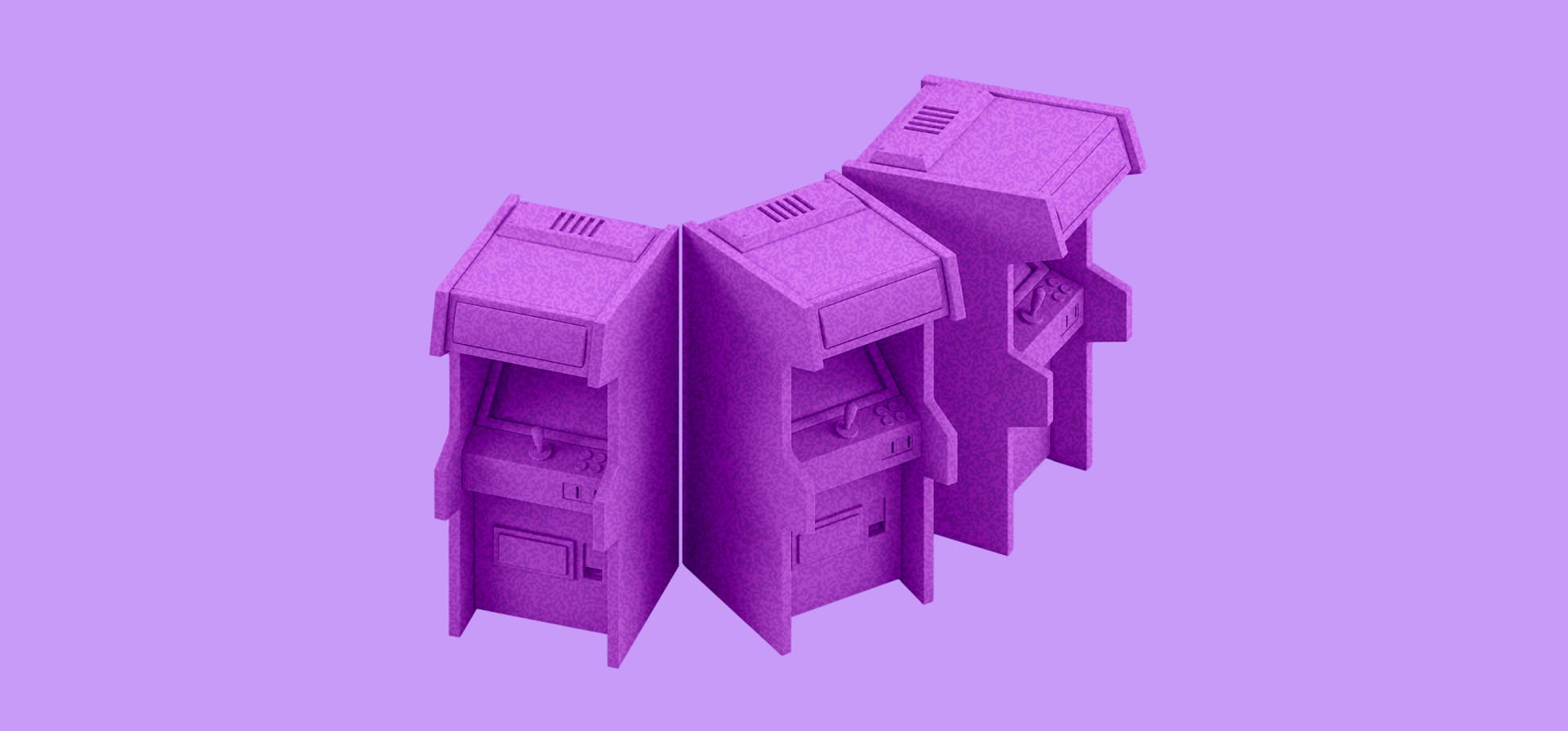Node JS Developer Job Description
Node JS Developer Job Description Template: Skills, Roles and Responsibilities for EPAM job applicants. Join our team of the industry's top talent.

introduction
A Node.js developer is a specialist whose range of activities includes the creation of internal components for various types of IT products. It connects applications to different web services and takes care of the smooth transfer of information between users and the server. Also, such a specialist helps colleagues in their work, using the opportunities provided by Node.js.
Despite some similarities in the activities of Node.js developers and frontend developers, these are two different areas. In order to help companies search for a developer, and show developers how to write a resume with high chances of employment, we offer the whole range of requirements and duties that are relevant for various forms of employment in this specialty.
This Node.js developer job description is relevant regardless of whether we are talking about a traditional, remote, or hybrid format of interaction between an employee and an employer. Responsibilities, skills, and requirements apply to all professionals on the spectrum.
Responsibilities
A specialist in this area is responsible for the following:
- Developing scalable code
- Developing server logic
- Creating programs that are characterized by high performance and responsiveness
- Supporting server elements
- Ensuring cybersecurity
- Developing solutions for data storage
- Improving the technological segment of the server
- Creating reports and documentation
These Node.js developer responsibilities are key.
Requirements
When we talk about Node.js developer requirements, the main task of this specialist is the development of server-side logic, as well as further actions related to this work. For example, we are talking about integration, data management, and support for the performance of queries that come from the external interface. It is equally important in the work of this professional to ensure the creation and integration of functional elements of the interface.
To do a good job, an employee of this specialization must have:
- Excellent knowledge in computer science
- Higher education in the industry
- In-depth understanding of Node.js
- Deep knowledge of the methodology and features of the JavaScript language
- Experience in a similar position and good references from a previous employer
- Experience working from home
- Database merging skills
- Ability to quickly find and eliminate various types of errors
- Understanding of server technologies
- Ability to work with technologies that ensure cybersecurity
- Understanding of the tools responsible for automation processes
- Testing skills
In addition to all of the above, the ability to manage different versions of the code is also important.
Roles and responsibilities
The responsibilities of a Node.js developer include some of the same knowledge required for a frontend specialist. But, in addition to this, they must understand more technologies at a highly specialized level. That is, a very wide scope of competencies is necessary.
Here are the Node.js developer roles and responsibilities:
- Develop and manage server components.
- Design and deploy high-performance applications.
- Use the best practices in cybersecurity and data protection.
- Create high-quality, clean, reusable code.
- Implement storage solutions.
- Check that the database and external queries are running at optimal performance.
- Integrate server-side logic into user-facing components created by frontend developers.
- Run tests, fix problems, and provide technical support.
- Create reports on projects and maintain documentation of the software development process.
- Make suggestions and implement them in daily work.
Soft Skills
In addition to the professional duties of this specialist, there are also certain necessary skills. Although these concepts overlap, they are not identical. Node.js developer skills are the basic competencies of an expert. Duties in the workplace are the practical application of these skills. The soft skills that such an employee needs include the following:
- Stress tolerance
- Time management
- Desire for self-development and ability to keep abreast of the news in their industry
Only with this approach can a specialist constantly develop and integrate relevant skills and fresh knowledge into their practice.


.png)
